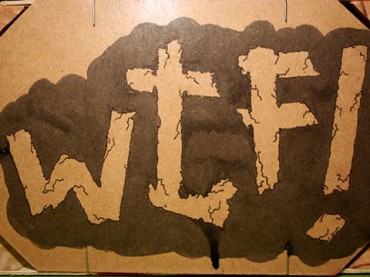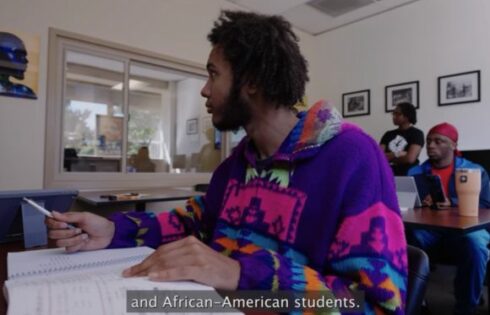
Talk about a “man bites dog” story: The student newspaper at the University of Chicago is actually less supportive of free speech than the administration.
Following a university-commissioned report on the school’s environment for freedom of expression, which binds the school to a “completely free and open discussion of ideas,” the Chicago Maroon editorial board says the committee that drafted the report went too far:
The University needs to clearly differentiate hate speech and offensive speech. Hate speech is defined as “speech that offends, threatens, or insults groups, based on race, color, religion, national origin, sexual orientation, disability, or other traits,” according to the American Bar Association. The report’s failure to clearly define hate speech implies that all speech short of unlawful harassment is acceptable, no matter how vile or cruel. While it is important for students to challenge each other’s opinions, this should not come at the expense of students’ mental well-being or safety.
It wants less narrow exceptions to speech restrictions, saying that it’s not enough to punish unlawful, libelous or threatening speech:
What is more concerning are the University’s apparent inconsistencies on this issue. In an e-mail sent on November 24 in response to the false hacking incident, Vice President for Campus Life and Student Services Karen Warren Coleman reiterated the University’s “commitment to a diverse campus free from harassment and discrimination.” Given the University’s stated commitment to eradicating hateful speech on campus in the past, it is disappointing that it has failed to maintain this strong stance in its most recent report. Condemning hate speech would not have detracted from a strong defense of free speech—it would have simply clarified it.
You see, these young student journalists really love free speech, properly defined:
Speech that challenges commonly held assumptions can be beneficial. Hate speech benefits no one because it seeks only to tear down, not to build up. The University needs to directly address hate speech for the good of productive discourse.
It’s not clear whether the editorial was written before the Charlie Hebdo massacre – it was posted two days after. Charlie Hebdo has also been accused of hate speech as a way of rationalizing the attack.
The university’s French club organized two events to honor the fallen Charlie Hebdo cartoonists.
Like The College Fix on Facebook / Follow us on Twitter
IMAGE: Pisto Casero/Flickr





Please join the conversation about our stories on Facebook, Twitter, Instagram, Reddit, MeWe, Rumble, Gab, Minds and Gettr.